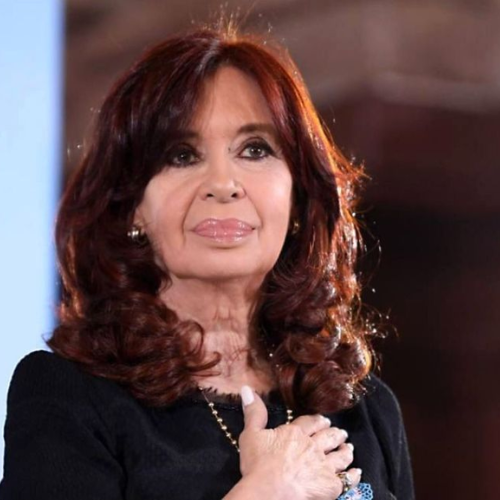On March 21, 2025, the U.S. government took a strong stance against corruption by imposing severe sanctions on former Argentine President Cristina Kirchner and former Planning Minister Julio de Vido. These sanctions prohibit them, along with their immediate families, from entering the United States. The move was announced by U.S. Secretary of State Marco Rubio, who stated that both officials had engaged in large-scale corruption during their time in public office.
According to the U.S. government, Kirchner and de Vido used their political positions to manipulate public works contracts for personal financial gain. Investigations revealed that their actions led to millions of dollars being siphoned from Argentina’s treasury, damaging the country’s economy and shaking public trust. The United States justified these sanctions as part of its commitment to holding corrupt politicians accountable worldwide.
Kirchner’s History of Legal Battles and Conviction
Cristina Kirchner, a towering figure in Argentine politics, has been battling corruption accusations for years. In 2022, she was convicted in a high-profile case known as Vialidad, which exposed a scheme where contracts for public road construction were manipulated to benefit businessman Lázaro Báez, a close associate of hers. The court sentenced Kirchner to six years in prison and permanently barred her from holding public office. Despite this, she has remained politically active and continues to lead the opposition against the current Argentine President, Javier Milei.
Cryptocurrency Chaos: Argentina Arrests Russian Launderer in $100 Million North Korean Heist
In November 2024, the Argentine judiciary upheld her sentence, reinforcing the severity of the corruption charges. However, Kirchner has refused to accept the ruling and has appealed to the country’s Supreme Court in an attempt to overturn the conviction. So far, no final decision has been made, but the case has become one of the most controversial legal battles in Argentina’s modern history.
Investigators found that from 2003 to 2015, an estimated 5 billion pesos (over 150 million Brazilian reais) were funneled from government funds into private hands through fraudulent contracts. These funds, meant for critical infrastructure projects, were instead misused for personal and political enrichment. The Argentine public remains deeply divided over Kirchner’s legacy—some see her as a victim of political persecution, while others believe she played a central role in one of the country’s largest corruption scandals.
Kirchner’s Response and Political Fallout
Following the U.S. sanctions, Kirchner did not remain silent. She responded on social media with sarcasm, questioning whether she had committed a “crypto coup,” an apparent reference to international financial scandals and ongoing political controversies. She also drew comparisons to allegations against other world leaders, including current U.S. President Donald Trump, arguing that she was being unfairly targeted while others with legal troubles continue their political careers.
$LIBRA Crash Scandal: President Milei Faces Backlash After Cryptocurrency Collapse
President Javier Milei, a strong ally of Trump and a vocal critic of Kirchner, responded with a brief message supporting the sanctions. This further fueled the already intense political rivalry between the two leaders. Kirchner, in turn, retaliated with remarks alluding to past scandals surrounding Milei, including his close ties with controversial figures. Her supporters have accused the Milei administration of using judicial rulings and international pressure to eliminate political opposition.
Despite her legal troubles, Kirchner remains a dominant force in Argentine politics. Many of her supporters continue to rally behind her, believing that the corruption charges are politically motivated. As Argentina faces economic struggles and rising social tensions, her role in the opposition remains critical, even as the shadow of her corruption conviction looms large. The U.S. sanctions mark another major blow to her political career, further isolating her from the international stage while she continues to fight for her legacy at home.


